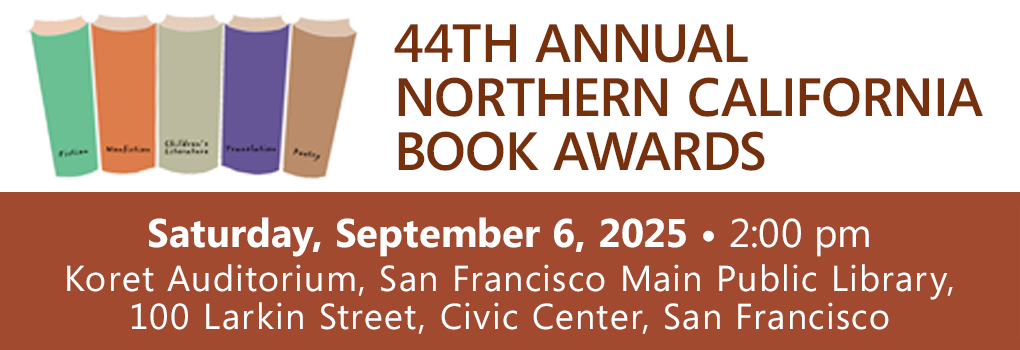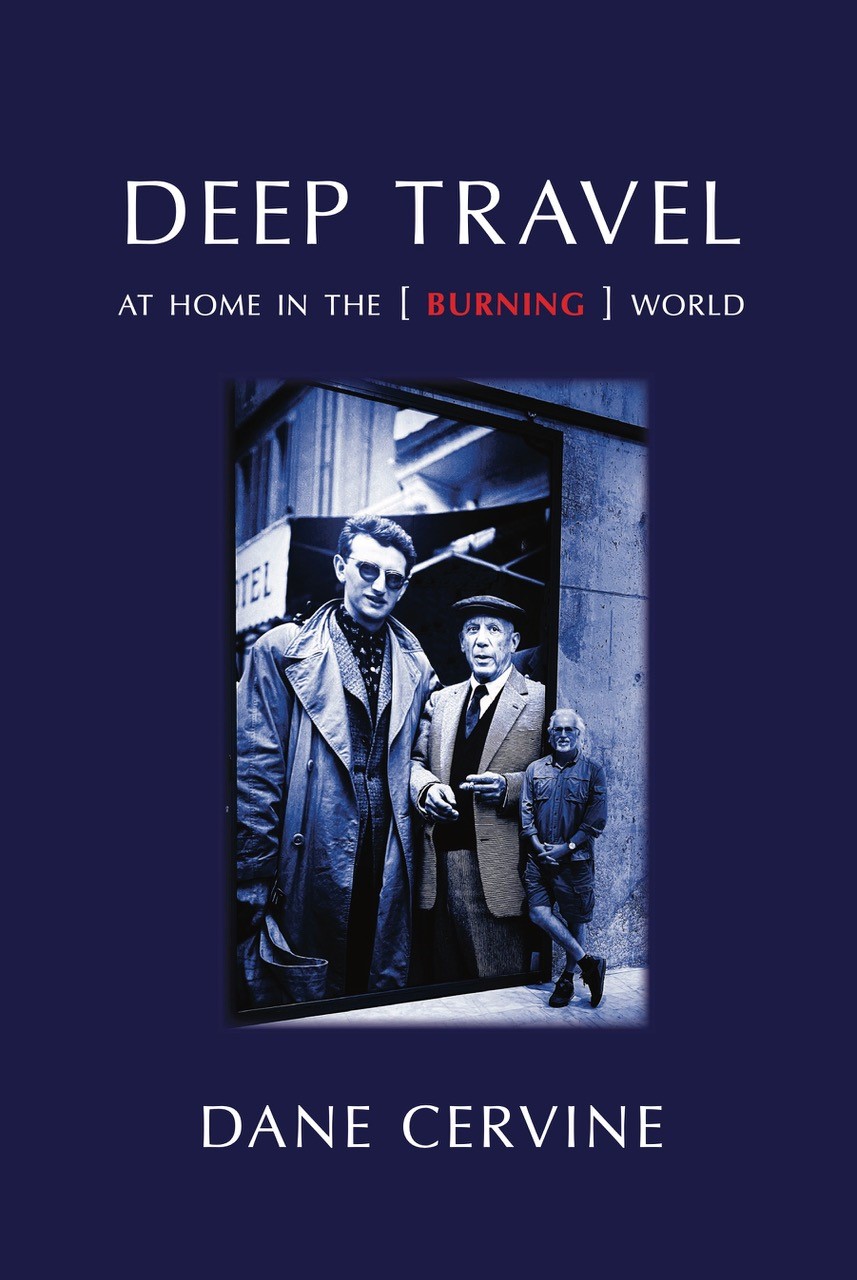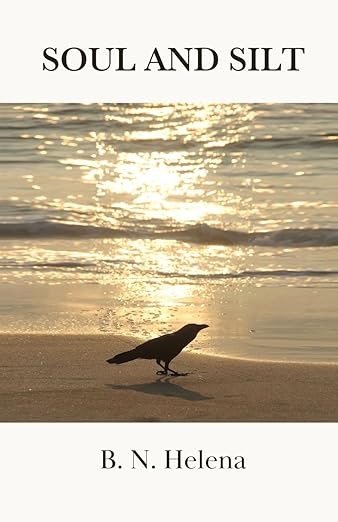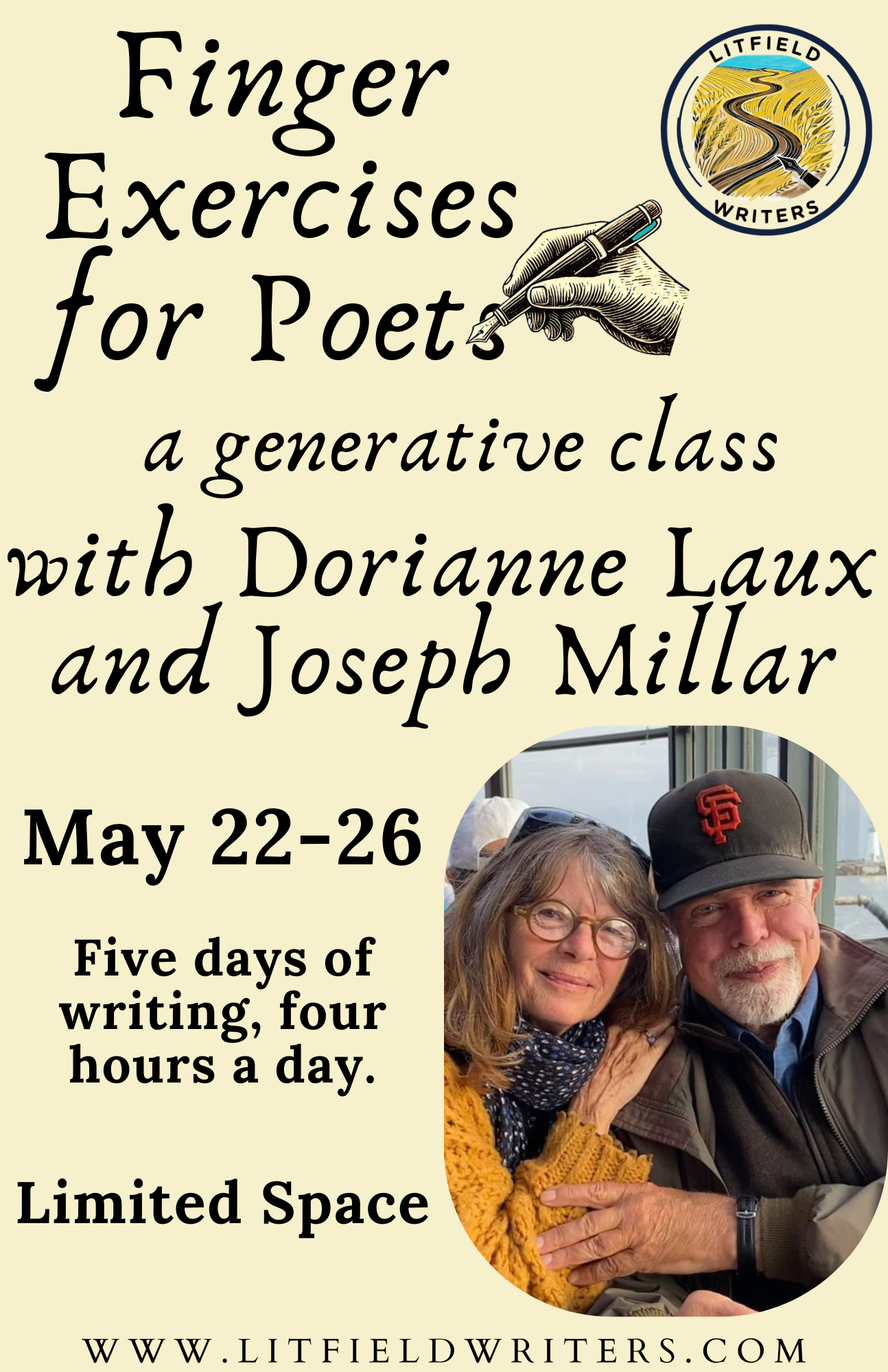
The Elements of Gary Soto
by Lee Rossi
The Elements of San Joaquin, by Gary Soto, Chronicle Books, San Francisco, 2018, 76 pages, $14.95 paperback.
NOWADAYS GARY SOTO is best known for his penetrating and good-humored evocations of Latino life. In the course of a long and productive career, he has written or edited over forty books, as well as two films and a play. Soto's focus throughout this immense oeuvre is to depict the challenges of growing up brown and poor. One of his most popular poems, the often-anthologized "Oranges," is a wry but hopeful account of how love (very young love) triumphs over adversity. When he was getting started forty years ago, however, his poems offered a grittier, often harrowing portrait of barrio life.
Born in Fresno to a working class Mexican-American couple, he seemed destined to a life of poverty and hard work. His father died in an industrial accident at the local Sunkist plant when Soto was only five. His mother and grandparents worked low-wage jobs to support Gary and his two siblings. As the children got older, they too worked in the fields and factories around Fresno. An indifferent student, Gary nevertheless managed to stay in school and develop an interest in poetry. Eventually he enrolled in Cal State Fresno where he studied with Philip Levine, another writer with an enduring interest in the lives of the working poor.
Originally published in 1977 when he was only twenty-five, The Elements of San Joaquin established Soto as an important contributor to Chicano Literature. Just this year Chronicle Books of San Francisco has issued a new edition of this groundbreaking work. The new edition includes revisions as well as additional poems, some previously unpublished. In general the new poems tend to brighten the tone as well as extend the vision of the original book. As a result, the new edition shows us a poet who appreciates life's gifts as well as its difficulties. Of course, those difficulties are still particularly extreme for the farm worker community, but despite the difficulties Soto shows us how that community creates its own warmth in the face of society's neglect and abuse.
From a purely literary point of view, Soto's early poems were very much of their time, image-driven narratives that resembled the work of other deep image poets. He singles out W.S. Merwin, Charles Simic and James Wright as inspirations. Besides their loyalty to complex, evocative images (Symbolisme, in all but name), the deep image poets shared a dark foreboding vis a vis their country and culture. The Vietnam War cast its shadow over everything, as did the reaction of the ruling class against its opponents. (Hard hats, indeed! Hard hats for hard heads!)
The first poem, "Fresno's Westside Blues," which sets the scene for the book, is new to this edition. We follow a youngster, who has grown up on these mean streets, as he encounters the drooling "tinker-toy snout" of a pig in a meat shop window and the challenge of bullies who would steal his bike. But we also hear the "laughter coming from Suki's Nails and Feet" and notice Javier "making piñatas behind a chain-linked fence." The vision is complex, chiarascuro, even if ultimately bleak. "What is meant by escape?" the narrator of the poem asks himself, asks us, and answers,
When you turn the corner, the knife-bright sun ruthlessly cuts
The shadow from your already mangy body.
There is no escape. Not for Westside Fresno. As historian Raymund A. Paredes writes: "For Chicano writers, the so-called American Dream of affluence, respectability, and happiness has held little attraction, seeming at turns an essentially harmless illusion and a cruel and insidious hoax."
This bleakness is reinforced by many of the poems in the original book. "Field," one of the vignettes in the title sequence, for instance, is typically desolate:
Already I am becoming the valley,
A soil that sprouts nothing
For any of us.
As with other deep image poets, Soto employs key motifs—weather, animals, seasons, time of day, cold and dust—to unify the book's impact and message. Together they evoke the life and hardships of the immigrant poor, working the fields of America's vegetable garden. It is an almost mythic world of brute suffering, with few references to contemporary events or technology. One hears echoes of Steinbeck, perhaps, who wrote about an earlier generation of field workers. The following lines from "Harvest," another section from the title sequence, might have been spoken by one of the Joads:
The sky went black in the ninth hour of rolling trays,
And in the distance ropes of rain dropped to pull me
From the thick harvest that was not mine.
In the introduction to the new edition Soto remarks that at the time he wasn't very political. Had he written these poems today, he says "They would be braver in their political voice." Yet intimations of radical politics seep into even the earliest poems. "After Tonight," for instance, lampoons the privileges of the comfortable bourgeois, whose phonebooks are filled with "half-brothers and full-time lawyers." Yet even his well-protected auditor is not safe from the purse-snatcher or home invader,
…the crazy man
who hugs and kisses his pillow
In the corridor of loneliness?
As much as Soto identifies with the plight of the working poor, one senses his determination to escape to a better life. At times this determination reveals itself in the form of condescension vis a vis his home culture. "Remedies," for instance, contains these lines:
For a cough
Inhale the ashes of a pig's snout…
The tea [Grandma] has brought
Drink with a thick pucker
And listen to her mumble her rosary
We can sense the budding intellectual's rueful distancing and disclaimer of folk culture.
The dream of escape is articulated even more directly in "Time Away with My Writing Tablet," one of the poems added in the new edition. "I'm clever," he tells us, "a twenty-one-year old/ With a writing tablet," and yet he feels trapped. "My wings are useless," he laments, "my voice the thinness of reeds." And yet he is already realizing his dream, ending the poem with a passable imitation of a T'ang dynasty poem:
The moon, I write in my tablet,
Dips into the water
And comes up as morning.
Not bad for an apprentice Du Fu, his sense of nature's endless renewal uniting him with a classic of non-European/non-white literature.
The new edition closes with "Bean Plants," drawn from another early collection. In fact, this particular poem, Soto tells us, "may be the most mature vision in the collection." Like many of the poems added to this edition, it is distinguished by a deep compassion for the suffering of his people. The speaker of the poem is four-years-old. We remember that Soto's father died when the boy was five, and yet family life even at this early moment is far from idyllic. The poem recounts instances of physical and verbal abuse. Perhaps as a result the boy learns early to practice various forms of escape:
You were the four-year-old who when he
Couldn't sleep would think of the past.
A sensitive, very alive four-year-old!
It was you, wasn't it, who planted beans
In the yard and jumped up and down
When the plants unraveled from their crumbs of earth?
Despite frequent abuse, the boy displays a keen sense of empathy. His ability to identify with even the non-human world leads him to a moment of profound, we might call it tragic, insight. Unable to sleep, the little boy wanders around the house, ending at a window overlooking the bean plants in the back yard:
How sorry you were for the bean plants eating dirt,
With their skinny arms always raised and so tired.
How can we not see his father, his mother, all the people in the neighborhood, eating dirt, tired and yet praying to heaven? While not exactly hopeful, the vision is deeply humane, filled with caring and love, notes which Soto would sound repeatedly in his long career, notes that have won him the admiration of countless readers. ![]()
Lee Rossi's recent poetry book is Wheelchair Samurai. Among his previous collections is Ghost Diary. A staff reviewer and interviewer for the online magazine Pedestal, he is a Poetry Flash contributing editor and a member of the Northern California Book Reviewers; his poetry, reviews, and interviews have appeared in The Beloit Poetry Journal, Poetry East, Chelsea, and elsewhere. He lives in San Carlos, California.
— posted November 2018








































 So Far So Good: Final Poems, 2014-2018
So Far So Good: Final Poems, 2014-2018  Abandoned Poems
Abandoned Poems 















 Mississippi
Mississippi 


















































































